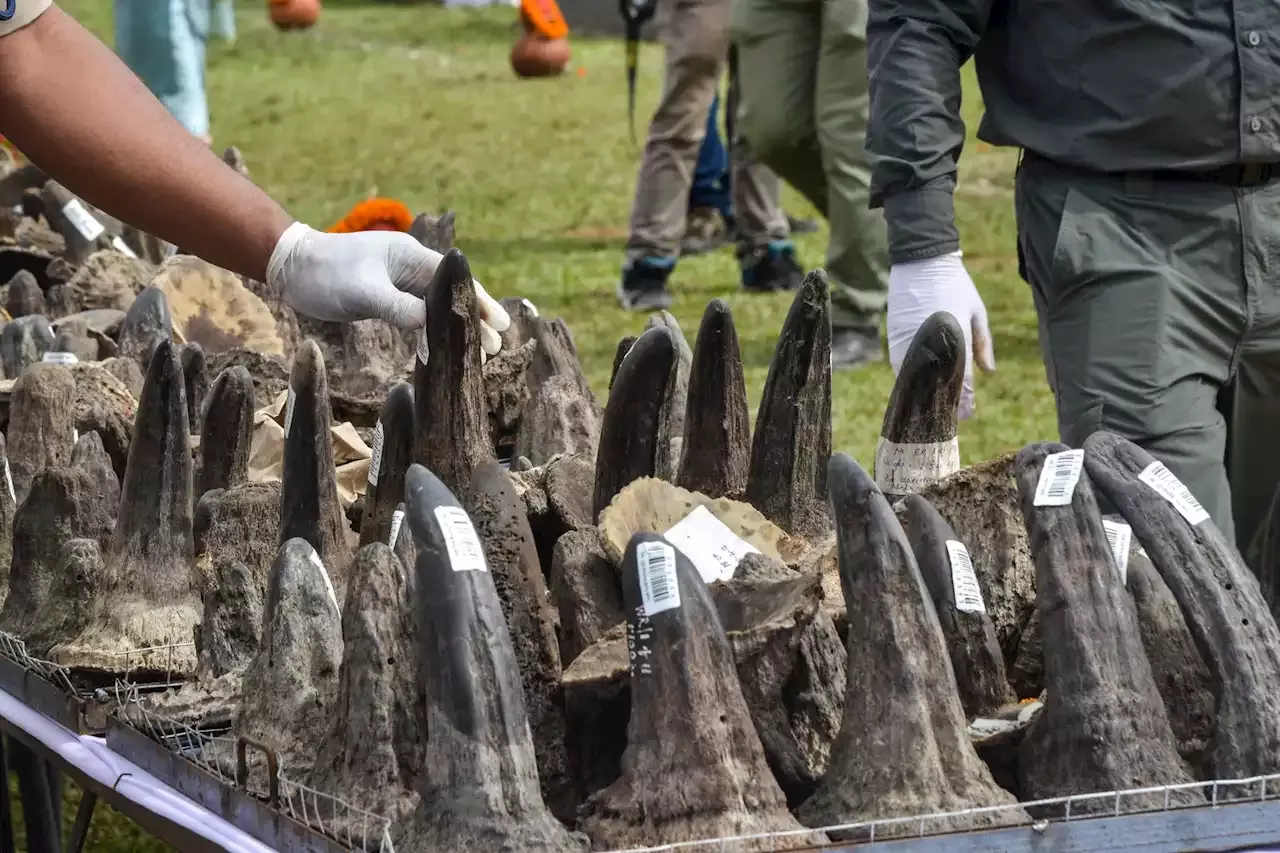, an India-based nonprofit that researches digital privacy, said it’s well known in criminology that a small percentage of people commit a significant percentage of crime, so apps like
seem to be a good step. “But where there is documentation, especially of crime, the question arises of how the data will be used and who it will be available to, and for how long it will be stored,” he said in a message. Digital surveillance disproportionately affects low-income populations, andthat poverty and lack of economic opportunities are the main drivers of poaching.
profiles suspected habitual offenders through interviews and other data gathering, which allow officers to register age, health, financial situation, current activity, and travel patterns. The system assigns a threat level from 1 to 10 and predicts the possibility the suspect will engage in criminal activity. If a habitual offender is very active, in good health, and in need of money, he may be put on a threat level of 8 or 9.
also has separate databases on animal deaths and unregistered or suspicious vehicles entering forest areas. The system hopes to use the data on habitual offenders and their threat level, along with their expertise in animals , and correlate it with suspicious activity, such as animal injuries or the presence of snares or traps in the forest. Ultimately, the goal is to predict potential crimes.
is not to catch people when they commit a crime, but to prevent crime from happening,” Louies said.Applied to other contexts, these sorts of tactics have generated controversy, and Andrew Ferguson, a law professor and the author of the book, said predictive policing has largely failed in the U.S. “However, the geographic limits, unusual movements, and specific triggers and patterns of poaching and wildlife crime might be more predictable than most crimes,” he said in an email.
